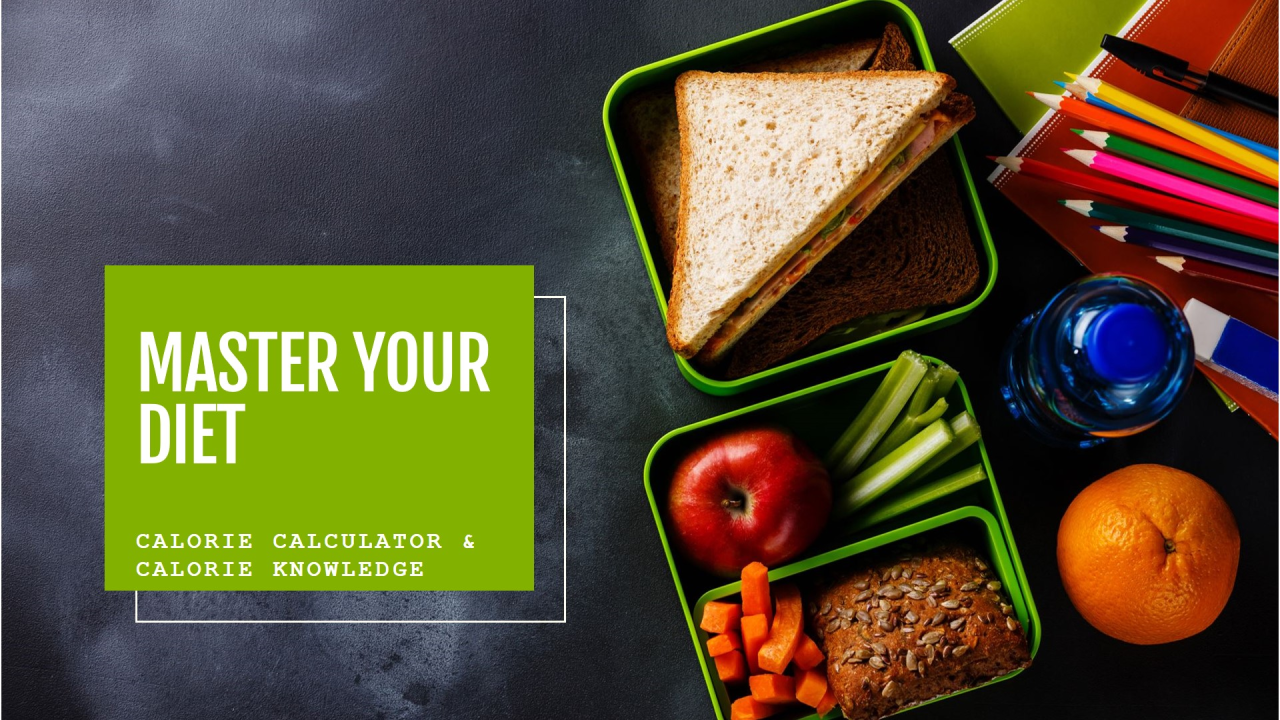
Master Your Diet: Calorie Calculator & Calorie Knowledge
A calorie is a unit of energy. In the context of food, it represents the amount of energy our body can obtain from consuming that food. It’s like a fuel gauge for your body – the more calories you consume, the more energy you have available.
There are two types of calories:
Small calorie (cal): This is the scientific unit used to measure energy.
Kilocalorie (kcal): This is the unit you’ll see on most food labels. It’s equal to 1,000 small calories and is often simply referred to as a “calorie.”
Calories and Your Body
Our bodies use calories for everything we do, from breathing and thinking to running a marathon. These calories are burned throughout the day as energy expenditure.
Energy Balance: When the calories you consume match the calories you burn, you maintain your weight.
Calorie Surplus: If you consume more calories than you burn, your body stores the excess energy as fat, leading to weight gain.
Calorie Deficit: If you burn more calories than you consume, your body taps into stored fat for energy, resulting in weight loss.
Understanding Calorie Needs
The number of calories you need each day depends on several factors, including:
Age: Our bodies tend to burn fewer calories as we age.
Sex: Men typically have higher calorie needs than women.
Weight: People who weigh more generally burn more calories at rest.
Activity Level: The more active you are, the more calories you burn.
Beyond the Calorie Count
While calories are important for weight management, it’s not just about the quantity of calories you consume, but also the quality.
Focus on nutrient-rich foods: These foods provide essential vitamins, minerals, and fiber that your body needs for overall health.
Limit processed foods: These foods are often high in calories, unhealthy fats, and added sugars, but low in nutrients.
Calorie Counting Tips
Read food labels: Pay attention to serving sizes and calorie counts.
Use online calorie trackers: These tools can help you monitor your calorie intake.
Focus on a balanced diet: Include plenty of fruits, vegetables, and whole grains in your meals.
Don’t deprive yourself: Enjoy all foods in moderation.
By understanding calories and making informed choices about what you eat, you can take control of your weight and fuel your body for a healthy and active life!
https://epicinfinite.com/master-your-diet-calorie-calculator-calorie-knowledge/